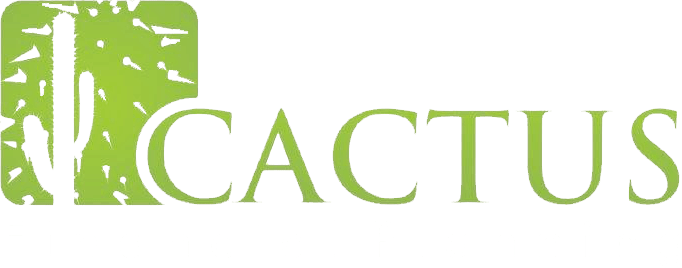
If you’re approaching retirement and still have some time left on your mortgage, it can be a concern and take up a significant portion of your income.
Traditionally, retirees would strive to reach the milestone debt-free. However, there are many potential factors that may mean this isn’t possible. Rising property prices and the average homeowners getting on to the property later in life are common reasons why those approaching retirement are still paying off a mortgage. In addition, there are a whole host of other reasons that may be out of your control that could have had an impact too.
If you find yourself in this situation, you’re not alone and there are ways to improve your financial security in retirement.
One in three people set to retire in 2020 will do so with some form of debt. Some 14% will retire whilst still having a mortgage to pay. For many families, a mortgage is the largest monthly expense they have and to be taking this into retirement with you, when your income will likely decrease, can be a worry.
One option you may want to consider is taking out a retirement interest-only (RIO) mortgage once you’ve retired.
What is a RIO?
RIO mortgages are aimed at people aged 60 or over that have already retired with mortgage debt on their main residence. You can not use a RIO for a second home or holiday home, for example..
Reducing the amount of debt owed and paying interest may not be achievable or desirable on a pension income. As a result, a RIO mortgage offers you a way to pay just the interest on the loan. As interest rates are low at the moment, this can significantly reduce outgoings.
Unlike a traditional mortgage, a RIO doesn’t have a fixed end date to repay the balance. This can provide you with peace of mind. Instead, the loan is usually repaid when the property is sold when you pass away or move into long-term care.
When applying for a RIO mortgage, you’ll still need to prove you can keep up with repayments in the long term with your retirement income. This includes how you’ll keep making repayments in the long-term and cope with potential interest rates rise. The process is similar to measuring long-term affordability as when you take out a traditional mortgage.
Among the benefits of a RIO mortgage are:
- Your outgoings in retirement will be lower compared to a traditional mortgage
- You can stay in your own home
- There are RIO mortgage products that provide you with flexibility, such as the ability to reduce the debt.
Of course, there are drawbacks to using a RIO mortgage too, including:
- The amount you owe is not reduced unless you make additional payments
- As you’re no longer working, it can be more difficult to secure a large amount to borrow
- The loan is secured against your home, as a result, the property can be repossessed if you don’t keep up with repayments.
- It may have an impact on the legacy you wish to leave behind for loved ones.
A RIO mortgage isn’t suitable for everyone approaching retirement with debt so it’s important to weigh up your options before proceeding.
5 alternatives to an interest-only mortgage
- Continue with your current arrangement: You don’t have to change your current mortgage just because you’re retiring. If you choose, you can stick with it. However, you need to consider whether mortgage repayments will be affordable once you retire and how it’ll affect your lifestyle.
- Make overpayments now: If retirement is still some way off, this option can have a big impact. Making overpayments can reduce the amount you owe rapidly, as it’s taken off the debt rather than the interest. Be sure to check your mortgage terms, some will charge you for overpaying above a certain point.
- Use your pension: For many people, pensions become accessible from the age of 55. You can usually access a 25% lump sum tax-free and begin receiving regular payments at this point if you choose. The lump-sum could help clear your remaining mortgage debt. However, taking money out of your pension could affect your long-term income, so this needs to be weighed up and carefully considered.
- Use assets to pay off debt: You may have other assets you can use to clear your mortgage, such as savings or investments. Again, you’ll need to understand whether using these to enter retirement without a mortgage will affect your plans over the short, medium and long term.
- Downsize: Depending on the value of your home, circumstances and how much remains on your mortgage, downsizing could help you enter retirement without a mortgage. Using the sale of your house to purchase a cheaper new home could free up your finances in retirement and you may even be left with extra to spend on your lifestyle.
Please contact us if you’re worried about your financial security as you approach retirement. There are often steps you can take to secure your future and provide peace of mind.
